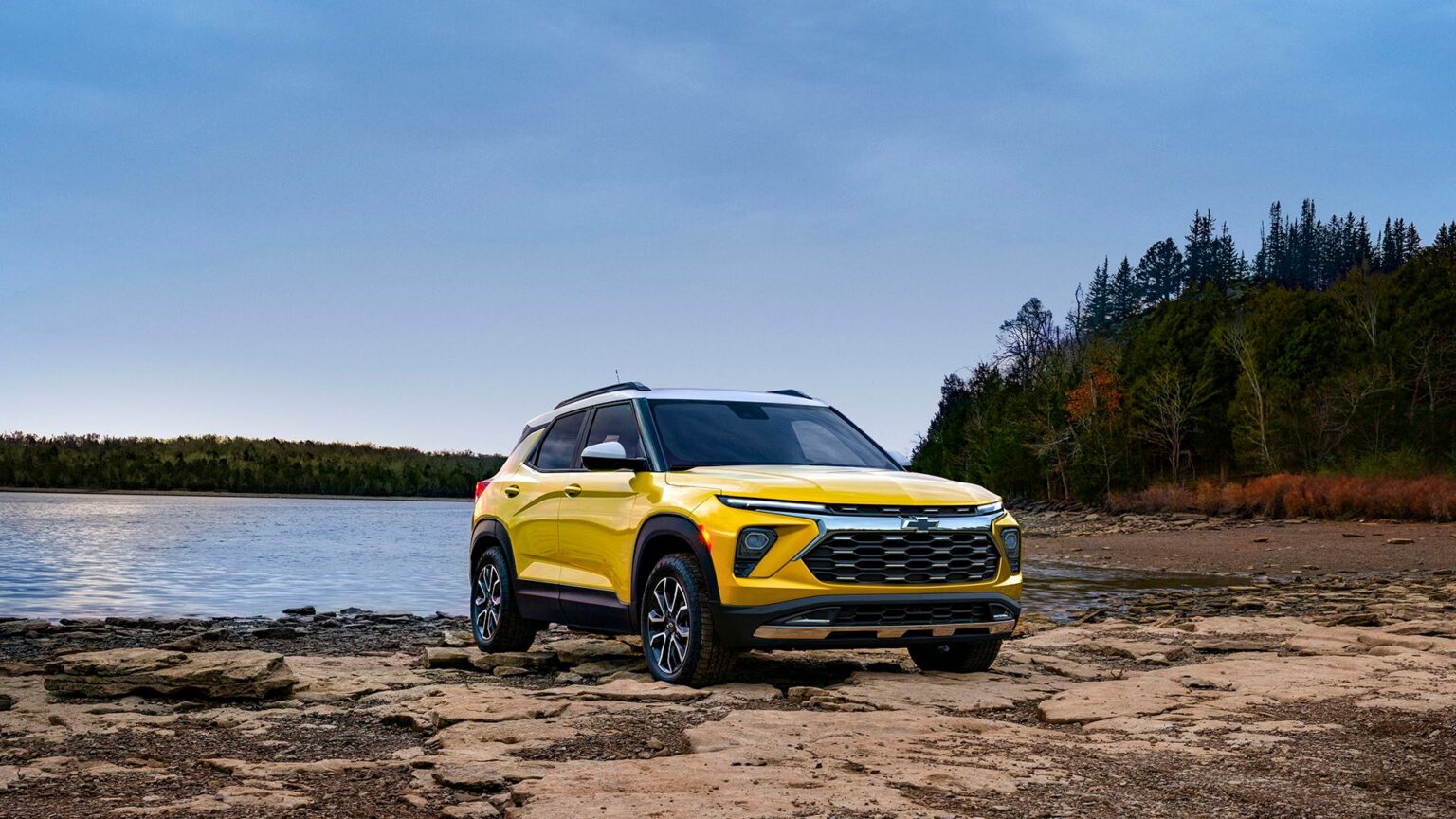President Donald Trump has said repeatedly that our trading partners will be paying for the increased costs of cars caused by tariffs. But according to a just-out poll by analysts at AutoPacific, Americans aren’t buying it. And they won’t be buying new cars at the same clip they’re used to, either.
The survey of nearly 2,000 U.S. residents aged 18 and older found that three-quarters of people said they’ll have to adapt to the higher costs. That could mean, they said, delaying buying, or trying to buy a used car instead. There’s more in the survey. Car buyers, regardless of leaning right or leaning left, are already fed up with high prices. What they say they’ll do as a result is going to greatly impact not only what they’re willing to buy, but what cars are on sale, probably how they’re optioned, and possibly delay or entirely derail many new models because of high costs.
That Gut Feeling
Ed Kim, President of AutoPacific, said that the survey sheds new light on how car buyers are feeling. “Tariffs are causing great anxiety not just among automakers, but consumers as well.”
The survey found that most buyers are willing to pay more for a new car, but how much more is the crux of the matter. More than half of the buyers surveyed said they’re willing to pay $3,000-$5,000 more. But recently Cox Automotive said new car prices could well crest $6,000 or more, and some analysts have predicted even higher price spikes. In the survey, only 13 percent of buyers are willing to spend $5,000 additionally on a new car.
The Payment Pain
Even among buyers who said they knew they’d pay more, the math tally doesn’t seem to really be in full operation mode. The threshold for pain hits its limit at about half of buyers unwilling to pay a monthly loan increase of more than $125 per month more. Depending on the vehicle and how much it goes up, however, your monthly tab could be much higher.
Worse, we aren’t in a great place with interest rates, so borrowing costs aren’t especially cheap. As a result, many buyers said they would be willing to extend the length of their car loan—which is already averaging 68 months. And extending the length of a loan hasn’t seemed to help a lot of Americans. Fitch recently reported that we’re at two-decade highs for auto loan delinquencies, according to reporting by Axios.
Also, do the math: A 68-month loan is 5.5 years. Often cars have lost more than half their original value by that point, so you’re paying a great deal for an asset that’s rapidly declining in value.
Americans Have Done the Math
Regardless of political stripe, Americans are worried about the fallout from tariffs, AutoPacific’s survey found. More Democrats than Republicans are worried about the economy overall, but both Democrats and Republicans expressed some, or deep concern about keeping up with car payments. And an overwhelming majority—84 percent of Democrats and 75 percent of Republicans—agreed to this poll sentiment:
“My current household’s income [is] not keeping up with rising inflation.”
As a result, “Many shoppers indicate that they’ll have to buy a cheaper vehicle than originally planned,” Kim said. “Or they’ll skimp on options on the vehicle they originally planned to buy.”
Car Grief All Around
If you’re younger, the survey found, you’re more likely to be concerned about keeping up with car payments than if you’re older, AutoPacific found. Those 18-39 are most concerned (64%) about paying for their car, while 56 percent of drivers 40-49 felt concerned about keeping up those payments.
One reason that older buyers may fret less about car finances, according to AutoPacific, is that they’re less likely to still pay rent or a mortgage, and may be less likely to finance a car as well. But they’re plagued by the high cost of food and gas—inflationary pressures that are hurting all Americans equally.
TopSpeed’s Take
According to AutoPacific’s director of marketing and consumer insights, Deborah Grieb, more than 50 percent of new car buyers are willing to sit on the sidelines or buy used cars. But doing that “…will lead to devastating blows to the automotive industry.”
AutoPacific’s Kim adds that for buyers who scrimp on options, “that also cuts significantly into automakers’ margins, directly affecting their bottom line.”
If you think some automakers are better positioned to weather this than others, the reality is a lot like us consumers buying new cars. Yes, some people can afford more pain than others. But nobody paying higher prices considers it a “victory,” let alone “liberation.”
“No matter what, it’s clear that the tariffs will impact consumer buying behavior significantly, and there won’t be much if any upside for automakers,” Kim summed up.
Read the full article here


